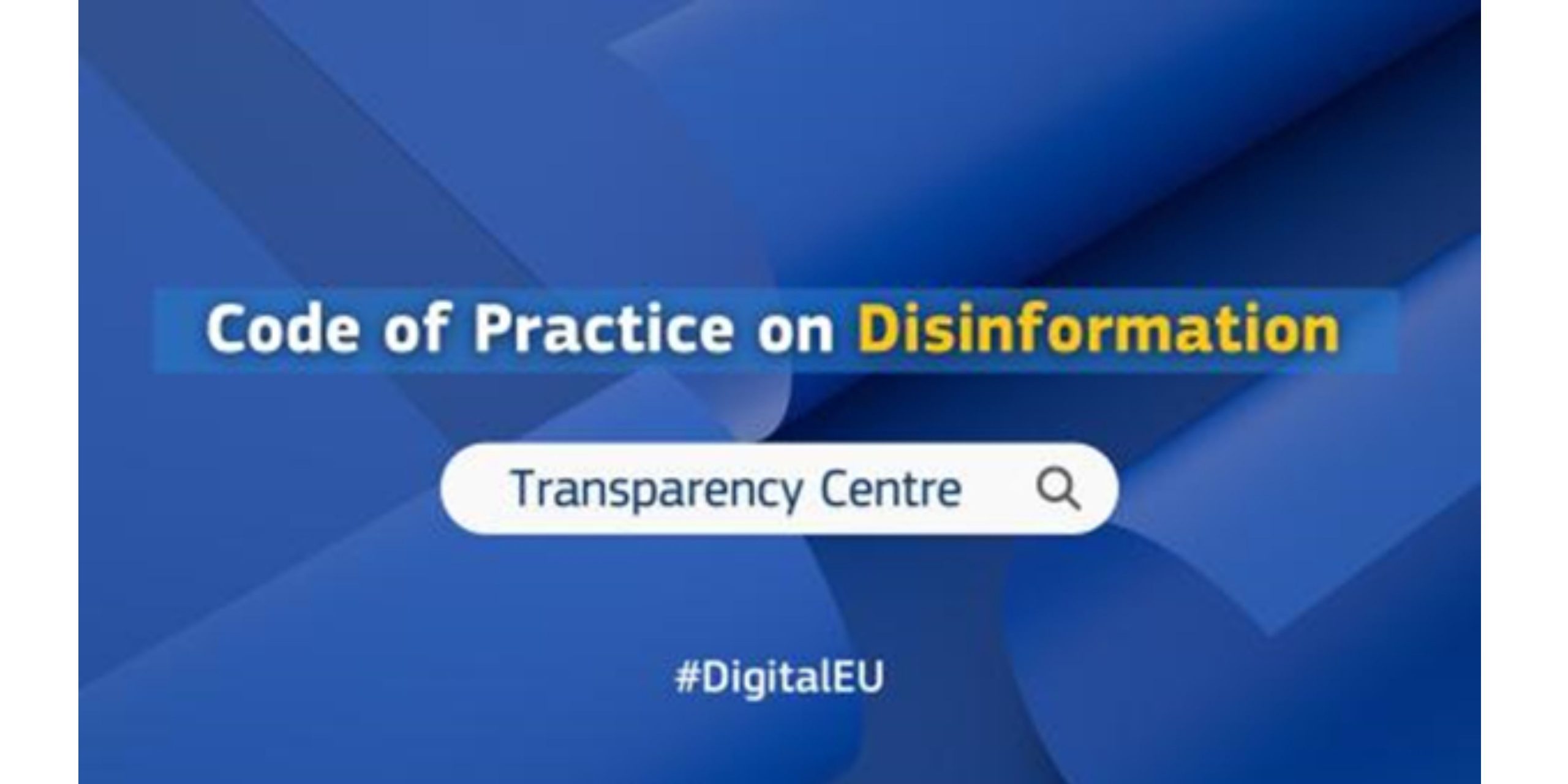The signatories of the 2022 Code of Practice on Disinformation, including all major online platforms (Google, Meta, Microsoft, TikTok, Twitter), have launched this week the novel Transparency Centre and published for the first time the baseline reports on how they turn the commitments from the Code into practice.
European Commission
The new Transparency Centre will ensure visibility and accountability of signatories’ efforts to fight disinformation and the implementation of commitments taken under the Code by having a single repository where EU citizens, researchers and NGOs can access and download online information.
For the first time with these baseline reports, platforms are providing insight and extensive initial data such as: how much advertising revenue flowing to disinformation actors was prevented; number or value of political ads accepted and labelled or rejected; instances of manipulative behaviours detected (i.e. creation and use of fake accounts); and information about the impact of fact-checking; and on Member States level.
All signatories have submitted their reports on time, using an agreed harmonised reporting template aiming to address all commitments and measures they signed onto. This is however not fully the case for Twitter, whose report is short of data, with no information on commitments to empower the fact-checking community. The next set of reports from major online platform signatories is due in July, providing further insight on the Code’s implementation and more stable data covering 6 months.
Source: European Commission I Digital (https://bit.ly/3E3qJWc)
